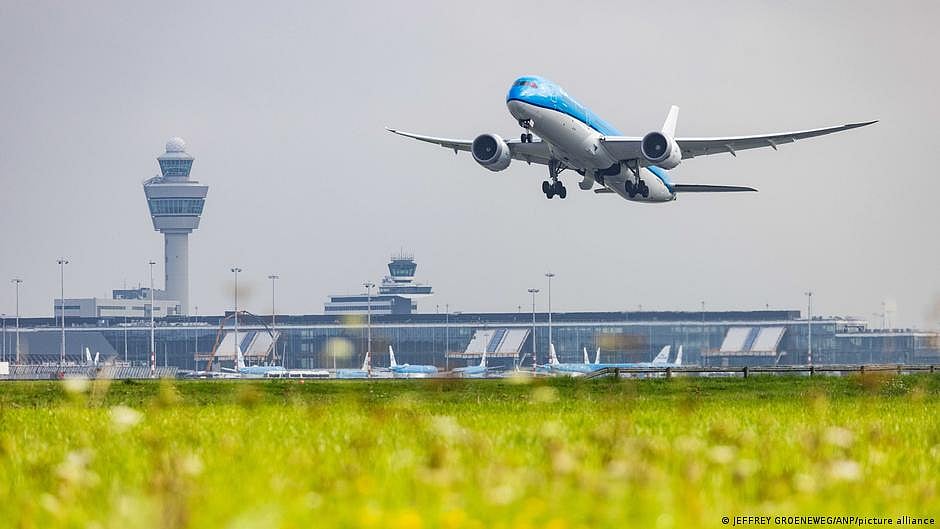World
Afghanistan cuts air cargo tariffs to boost India trade amid Pak border shutdown
Afghanistan’s key exports — fruits, saffron, carpets, gemstones, and other goods — will reach Indian markets faster and at lower cost

In the wake of Pakistan’s turbulent border shutdown — an event that abruptly choked Afghanistan’s traditional trade arteries — the Taliban-led administration in Kabul urged its business community to seek new commercial lifelines.
Swiftly responding to this call, Ariana Afghan Airlines has unveiled a steep cut in air cargo tariffs for shipments to and from India, opening a vital aerial corridor at a moment of mounting economic urgency.
The move comes as fresh figures from Kabul paint an unexpectedly buoyant picture of Afghanistan’s export landscape. The country’s total exports in September–October soared past $274 million, up from $230 million in the preceding cycle. Much of this trade flowed to Türkiye, Pakistan, and the UAE — yet India remained a distant market, reachable only through the skies due to the lack of a direct land route and the political thicket of transporting goods via Pakistan.
Against this backdrop, Ariana Afghan Airlines has slashed its cargo rates dramatically.
“Before the border closures, Ariana was charging $2 per kg between Delhi and Kabul. Now, it has been instructed to reduce the rate to 80 cents per kg from Delhi to Kabul and $1 per kg for Kabul-to-Delhi shipments,” airline chief Bakht Rahman Sharafat told Tolo News.
Published: undefined
With this shift, Afghanistan’s treasured exports — fresh and dried fruits, saffron threads esteemed worldwide, handwoven carpets, gemstones, and other artisanal goods — will now reach Indian markets faster and at significantly lower cost.
According to Ariana News, the directive, issued Sunday by the economic deputy of the Prime Minister’s Office, is expected to deliver a strong tailwind to Afghan exporters at a delicate juncture. By easing logistical burdens and ensuring smoother access to regional hubs, Ariana aims to help Afghanistan reclaim lost ground in key markets across India, the Gulf, and even parts of Europe, where buyers continue to prize Afghan agricultural and textile products.
Trade analysts quoted in Afghan media say the pricing overhaul reinforces Ariana’s emerging role as a lifeline carrier — one of the few aviation bridges still capable of connecting Afghanistan’s economy to the world. With each recalibrated tariff, the airline positions itself not just as a transporter, but as a strategic partner in the nation’s quest to expand export volumes and woo new trading partners.
Buoyed by rising export numbers, the Afghanistan Chamber of Agriculture and Livestock has renewed its call for deeper investment in processing facilities to ensure Afghan goods meet global standards from farm to freight.
“We must increase our exports not just to neighboring countries, but also to Europe and the US,” said Waseem Safi, its executive director. “From the very beginning, products should be prepared in a standard way.”
Earlier statements from the Ministry of Industry and Commerce underline the breadth of Afghanistan’s export basket — some 20 major products, ranging from cotton, raisins, figs, and asafoetida seeds to pistachios, pomegranates, coal, gemstones, saffron, cumin, fruit juices, and even energy drinks.
As Afghanistan navigates choked borders and shifting geopolitics, its economy appears increasingly reliant on the sky. And with Ariana’s new tariff cuts, that sky has just grown a little wider.
With IANS inputs
Published: undefined
Follow us on: Facebook, Twitter, Google News, Instagram
Join our official telegram channel (@nationalherald) and stay updated with the latest headlines
Published: undefined